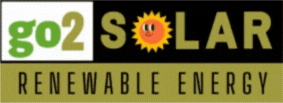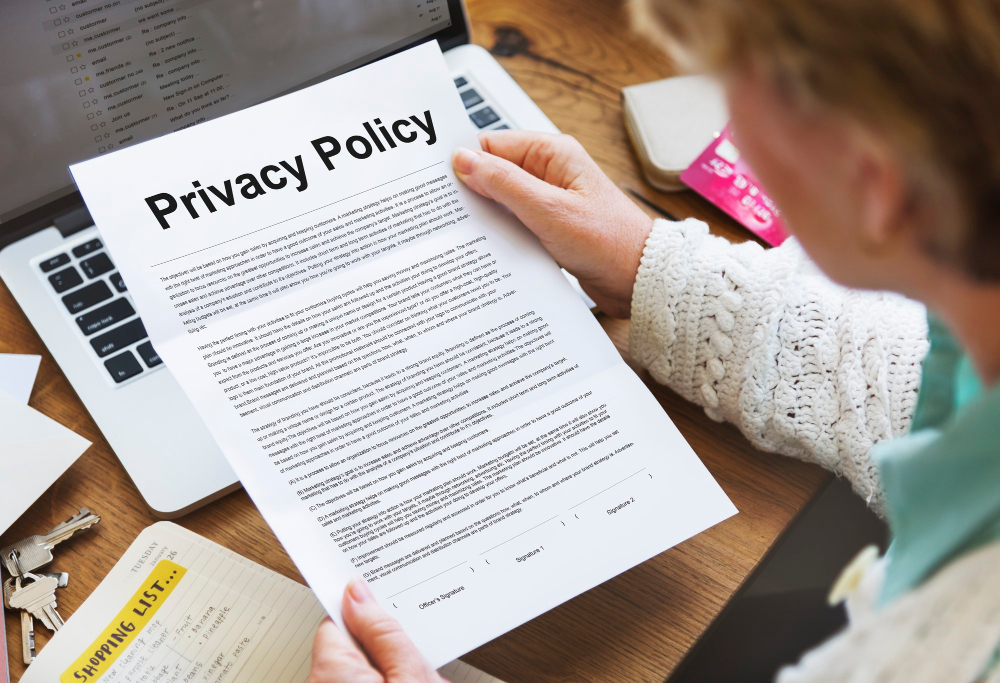Solar Financing Options. Are you thinking of installing solar panels but unsure of how to finance the transition? There are several solar financing options available to make it more affordable. In this article, we’ll explore different financing options to help you choose the right one for you.
Paying Cash Upfront
To start with, paying cash upfront is the most straightforward option. It will save you money in the long run as you’ll own your solar panels outright, and the energy you generate will be free. There are no interest fees or monthly payments to worry about. However, this option can be expensive upfront, and you’ll need to have the funds available.
Solar Loan
Another option is a solar loan, which allows you to spread the cost of solar panels over several years. The interest rates are generally lower than credit card rates, and you’ll own the solar panels outright once the loan is paid off. However, you’ll need to qualify for the loan and pay interest on it.
Solar Lease
Alternatively, a solar lease lets you lease solar panels for a set period, usually between 20 and 25 years. You’ll pay a monthly fee for the panels, which will be less than your current energy bill. At the end of the lease term, you can renew the lease, purchase the panels, or have them removed. The installation and maintenance of the solar panels are the responsibility of the leasing company. However, you won’t own the panels during the lease term, and you’ll be locked into a contract for a set period.
Power Purchase Agreement (PPA)
Lastly, a Power Purchase Agreement (PPA) lets you purchase the energy generated by the panels. The energy will be sold to you at a set price, which is usually lower than your current energy bill. The installation and maintenance of the solar panels are the responsibility of the PPA provider. You’ll save money on your energy bills, and you’ll have the option to purchase the panels at the end of the agreement. However, you won’t own the panels during the agreement, and you’ll be locked into a contract for a set period.
Choosing the Right Financing Option
Choosing the best financing option for you depends on your personal circumstances. If you have the funds available, paying cash upfront is the most straightforward option. A solar loan is a good choice if you don’t have the funds available, but still want to own the panels outright. A solar lease or PPA is a good choice if you want to save money on your energy bills, but don’t want to own the panels outright.
Our Channel
At our channel, we provide a wealth of information on solar energy, including financing options, installation, and maintenance. We’re your go-to source for information on different financing options available for solar panels. We explain each option’s pros and cons to help you make an informed decision. Our content is optimized for SEO, making it easy to find the information you need.
In addition to financing options, we provide information on installation and maintenance of solar panels, as well as the latest news and trends in the solar energy industry. Our team of experts is dedicated to providing you with the most up-to-date information and advice.
Conclusion
In conclusion, transitioning to solar energy is a smart choice that can save you money on your energy bills in the long run. With so many financing options available, it can be overwhelming to decide which one is right for you. Our channel is dedicated to providing you with the information you need to make an informed decision about financing your solar panels. Subscribe to our newsletter today, and let us help you harness the power of the sun!
Outbound links
https://programs.dsireusa.org/system/program
Inbound link


